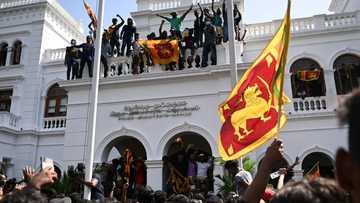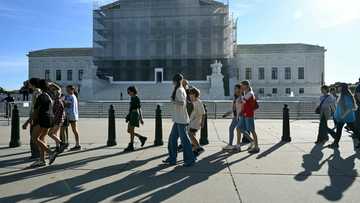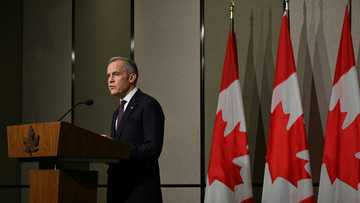US Supreme Court hears challenge to Trump tariff powers
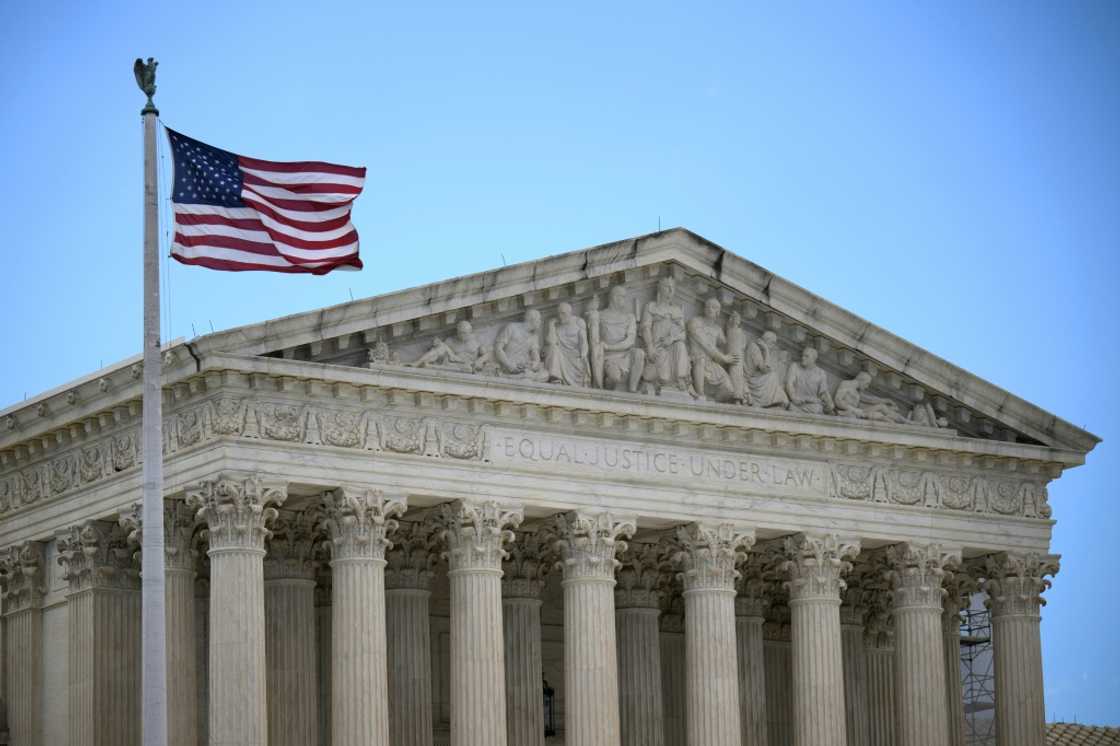
Source: AFP
The US Supreme Court will hear arguments Wednesday on whether a wide swath of Donald Trump's tariffs are lawful, in a landmark case that could uphold -- or upend -- the president's economic agenda.
Billions of dollars in customs revenue and a key lever in Trump's trade wars are at stake, while the conservative-dominated court once again grapples with novel tests of presidential authority.
Trump has hyped the case as "one of the most important" in US history and warned of calamity if his tariffs are overturned.
This "case is, literally, LIFE OR DEATH for our Country," he posted Tuesday on his Truth Social platform.
The high court's nine justices will consider Trump's use of emergency powers to impose so-called "reciprocal" tariffs on nearly every US trade partner, as well as levies targeting Mexico, Canada and China over their alleged roles in illicit drug flows.
Opponents argue that such broad tariffs are not permitted by the International Emergency Economic Powers Act (IEEPA), the law cited by Trump in issuing the levies.
The court's decision, which could take months to arrive, does not concern sector-specific tariffs Trump imposed, including on steel, aluminum and automobiles.
Since returning to the White House, Trump has brought the overall average effective tariff rate to its highest since the 1930s.
A lower court ruled in May that Trump exceeded his authority in imposing his global duties, a decision affirmed on appeal, prompting Trump to take the fight to the Supreme Court.
"If a President was not able to quickly and nimbly use the power of Tariffs, we would be defenseless, leading perhaps even to the ruination of our Nation," Trump argued Sunday on Truth Social.
'Ringside seat'
The president floated the provocative idea of attending Wednesday's hearing himself but ultimately decided against it, saying he did "not want to distract" from the decision's importance.
Treasury Secretary Scott Bessent however told Fox News he plans to "have a ringside seat."
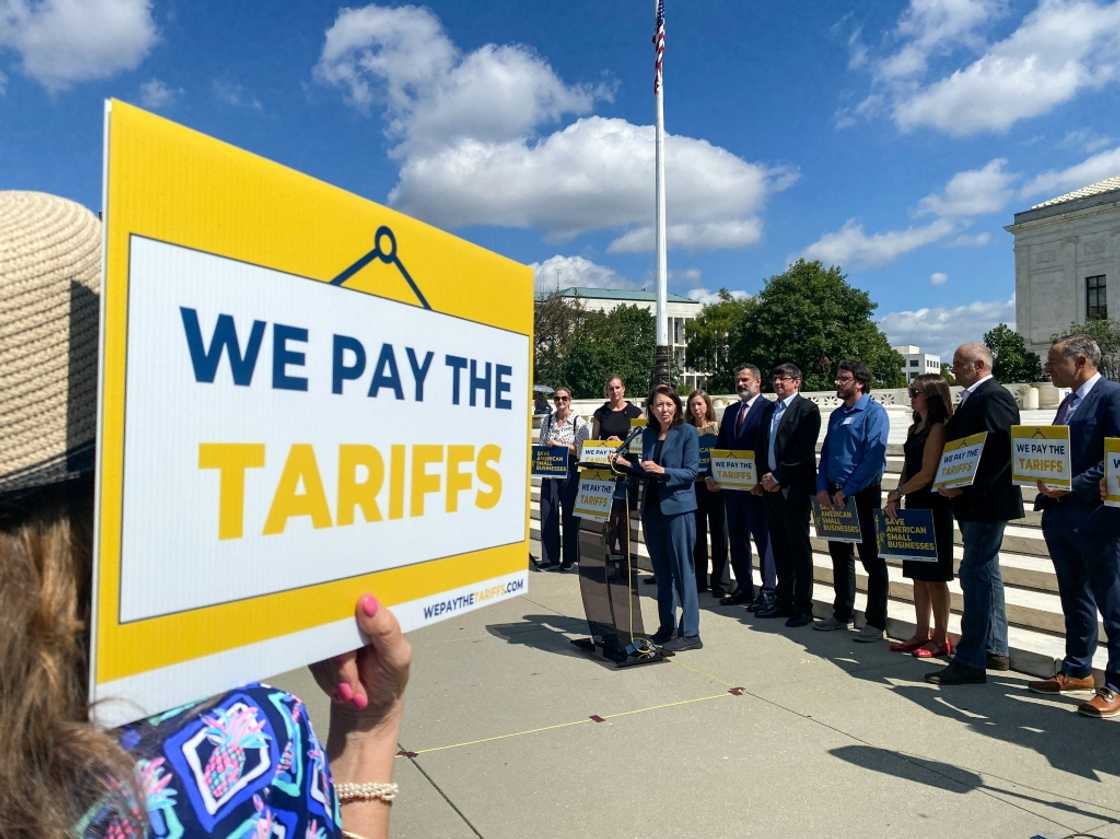
Source: AFP
Asked if his presence could be seen as an intimidation attempt, Bessent said: "They can say what they want. I am there to emphasize that this is an economic emergency."
White House Press Secretary Karoline Leavitt told reporters Tuesday that the administration was fully confident in its legal arguments, but was nonetheless "always preparing for Plan B."
Trump's administration argues that under the IEEPA, the president can "regulate" trade by unilaterally setting import tax rates at any level.
But challengers note the words "tariff" or "tax" do not appear in the statute, and that the US Constitution explicitly grants Congress the power to establish levies.
Businesses, lawmakers and former US officials have filed around 40 legal briefs against the president's global tariffs, while only a few briefs supported his actions.
The arguments
Although Trump's tariffs have not sparked widespread inflation, companies and particularly small firms say they bear the brunt of higher import costs.
The group of small businesses and states challenging Trump's tariffs argue that even as the IEEPA allows the president to "regulate" imports in an emergency, it does not confer him power "to tax every corner of the economy that is subject to regulation."
Persistent US trade deficits, which Trump cited to launch his "reciprocal" tariffs, also do not meet the IEEPA's requirement of an "unusual and extraordinary threat," the opponents argued.
Trump's lawyers have countered that even longstanding issues can reach a "tipping point" necessitating an emergency declaration.
Lawyers note that if the top court finds Trump's global tariffs illegal, the government can tap other laws to impose up to 15 percent tariffs for 150 days, while pursuing investigations for more lasting duties.
Countries that have already struck tariff deals with Trump may therefore prefer not to reopen negotiations.
Source: AFP

